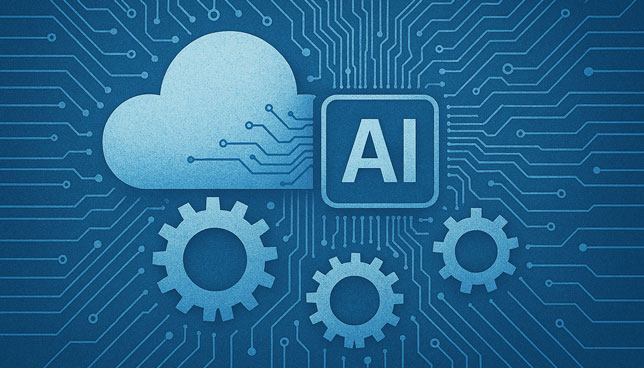
At the University of Michigan's Stephen M. Ross School of Business, a new Virtual Teaching Assistant pilot program is utilizing agentic AI to provide students with 24/7 access to support and self-directed learning.

A recent report from IT training and certification provider CompTIA reveals the value of digital skills for community college students working toward career success.

Stanford University's Institute for Human-Centered Artificial Intelligence (HAI) has released its AI Index Report 2025, measuring AI's diverse impacts over the past year.

In a recent blog post, Google shared an array of education customer stories, showcasing ways institutions are using AI tools like Gemini and NotebookLM to transform both learning and administrative tasks.

According to research by SnapLogic, 50% of enterprises are already deploying AI agents, and another 32% plan to do so within the next 12 months..

A new AI-powered infrastructure intelligence tool from cloud management startup env0 aims to turn the fog of sprawling, enterprise-scale deployments into crisp, queryable insight, minus the spreadsheets, scripts, and late-night Slack threads.

Microsoft has unveiled a range of updates to its Copilot platform, marking a new phase in its effort to deliver what it calls a "true AI companion" that adapts to individual users' needs, preferences and routines.

A new report from Ontinue's Cyber Defense Center has identified a complex, multi-stage cyber attack that leveraged social engineering, remote access tools, and signed binaries to infiltrate and persist within a target network.

Anthropic has announced a version of its Claude AI assistant tailored for higher education institutions. Claude for Education "gives academic institutions secure, reliable AI access for their entire community," the company said, to enable colleges and universities to develop and implement AI-enabled approaches across teaching, learning, and administration.

Chicago's Kennedy-King College is expanding student support services through a collaboration between City Colleges of Chicago and One Million Degrees (OMD), a Chicago-based nonprofit serving low-income community college students.